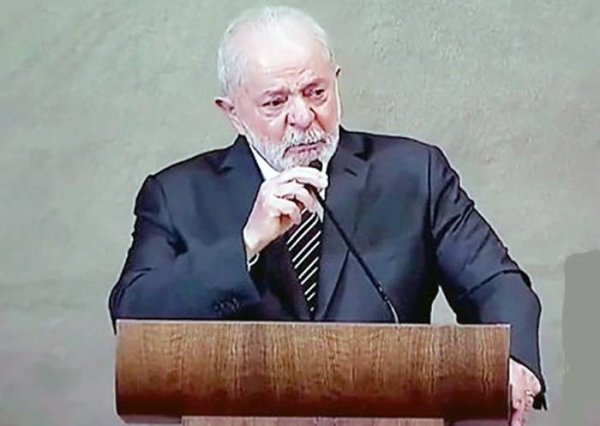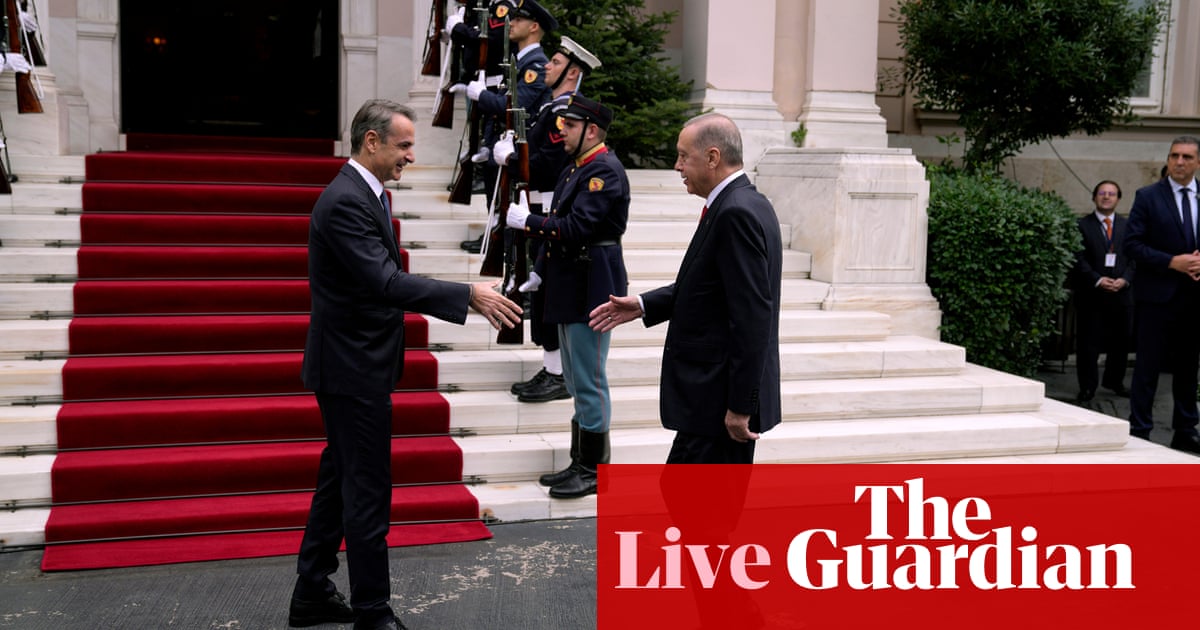
Benjamin Netanyahu is hoping to redirect the Israeli public’s attention from a recently announced three-week lockdown to a White House ceremony formalising recent diplomatic breakthroughs with two Arab states.
Hosted by his close ally Donald Trump, Netanyahu will on Tuesday sign agreements with Bahrain and the United Arab Emirates that, while falling short of full peace deals, allow the countries to establish open business, direct flights and diplomatic relations.
“We now have two historic peace agreements, with two Arab countries, which were established in one month,” Netanyahu said at a cabinet meeting on Sunday before departing for the United States. “We are at the threshold of a new era.”
Israel has only previously made peace deals with Egypt and Jordan, and the US-brokered announcements have been seen as the materialisation of a growing closeness between Israel and some Arab states, in large part due to a shared enmity towards Iran. Israeli media speculated that other nations such as Morocco and Oman could also make deals. The aircraft on which Netanyahu flew to DC was painted with the word peace in Arabic, English and Hebrew.
However, the recent agreements have also been dismissed as spectacle. Neither Gulf monarchy has ever been at war with Israel, and both had already established extensive informal ties.
Writing in Haaretz, an Israeli newspaper that is deeply critical of Netanyahu, the journalist Chemi Shalev said that the country and its two Gulf partners are “simply coming out of the closet with the clandestine strategic ties they’ve maintained for years”.
Trump and Netanyahu, he argued, “are artificially inflating the significance of the accords and elevating them to historic breakthrough status to aggrandise themselves, improve their polls and draw attention away from their monumental failures in the battle against the coronavirus, war against the rule of law and efforts to erode their countries’ democracy. It’s a shameless propaganda ploy, is all.”
For Palestinians under Israeli occupation, who have long relied on Arab backing in their struggle for independence, the development is also seen as a setback in their attempts to increase international pressure on Israel. The Palestinian prime minister, Mohammad Shtayyeh, said that Tuesday would be a “black day” and “added to the calendar of Palestinian pain”.
Meanwhile, in Israel, the announcement of a second lockdown has left the country staggering, with fears that three weeks of shuttered businesses and restricting people to their homes could devastate livelihoods. Netanyahu, currently on trial for corruption charges he denies, has faced weekly protests that have been boosted by people who claim he mishandled the pandemic.
Anger is mounting around whether the 70-year-old leader reopened the country too soon and too fast after a previous spring lockdown. Now, the country is in a deep recession and faces restrictions that the finance ministry estimates will cost 6.5bn shekels (£1.46bn).
“It was Netanyahu who sent the young people to hang out and drink after the ‘success’ of the previous lockdown,” wrote Yehuda Sharoni in the Maariv newspaper on Monday. “But if we set aside the issue of placing blame, the vexing question is whether the business sector, which barely survived the first lockdown, will be able to recover this time from the decision on lockdown and to stand back on its feet – or whether this is a death blow.”
With infections rising up to 4,000 per day, Netanyahu said on Sunday night that hospitals were “raising the red flag” and that a lockdown was essential. However, a key concern on Monday morning in Israel was whether that timeframe was open-ended.
The health ministry’s director-general, Chezy Levy, speculated that the easing of the nationwide lockdown would happen when the daily coronavirus infections drop to 1,000 a day but acknowledged that final criteria have yet to be set.
“We would like to get to 500 cases a day, but it is clear that at this time that won’t happen,” Levy told the Kan public broadcaster.
More than 3,100 people were diagnosed with the virus on Sunday.












